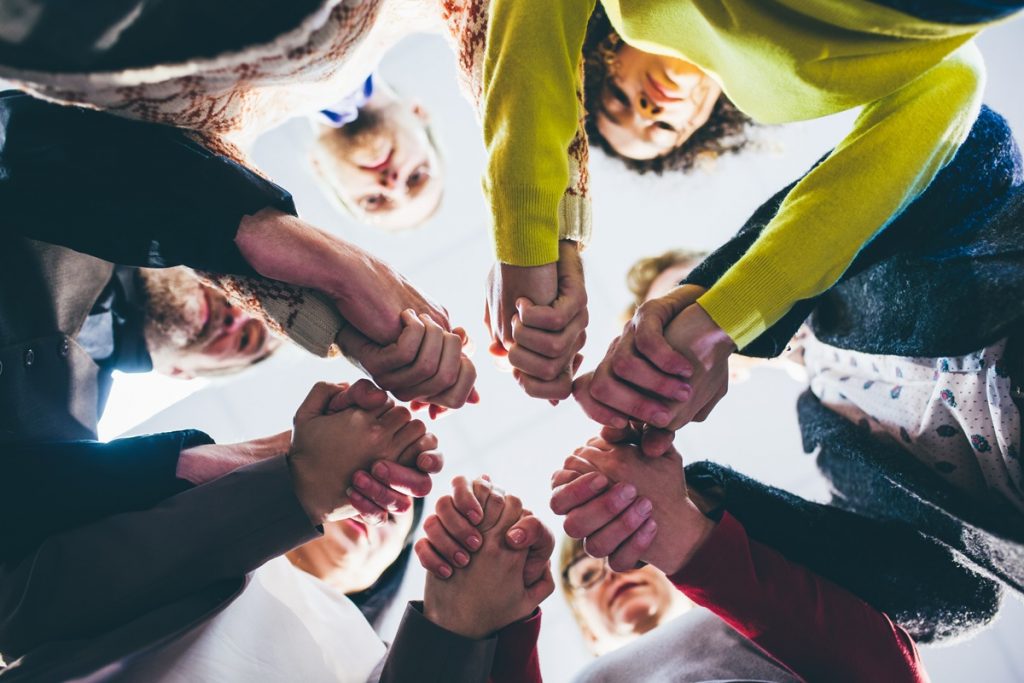Key Takeaways:
- The critical importance of supportive networks in the recovery process.
- An analysis of how different recovery paths cater to the unique needs of individuals.
- The power of community in providing a shared space for healing and growth.
- An exploration of the evolution of support systems to include modern, digital solutions.
Table of Contents
- Unveiling the Impact of Supportive Communities
- Embracing the Spectrum of Recovery Modalities
- Shared Experiences: The Fabric of Recovery Communities
- Online Support Networks: A New Era of Connection
Unveiling the Impact of Supportive Communities
Fighting addiction is a deeply personal battle, yet it’s significantly bolstered by the strength found in the company of others. Organizations extend a lifeline to those who are adrift in the tumultuous seas of recovery. The collective might of a support system provides solace, understanding, and shared resolve, all of which can be pivotal in navigating the road to sobriety. The presence of others who listen, comprehend, and empathize creates a sanctuary where healing is nurtured.
The research underscores the influence of support systems; individuals who engage with such networks often show better outcomes in their recovery. Many factors, from reduced isolation to increased accountability, contribute to this enhanced efficacy. Therapists, counselors, and peers at AA Meetings collaborate to construct a holistic support network that delivers comprehensive care and encouragement at each journey step.
Embracing the Spectrum of Recovery Modalities
It is essential to acknowledge that no single remedy suits everyone regarding recovery. A person’s path is as individual as their fingerprints—diverse, intricate, and telling a unique story. The recovery landscape is rich with options, each offering a different combination of therapies, philosophies, and activities. Some individuals gravitate toward traditional methods like the twelve-step program, while others might blend alternative practices such as yoga, meditation, or adventure therapy to forge their path forward.
The beauty lies in the availability of choice and agency’s power in one’s recovery. This principle honors the individual’s needs, enabling them to curate a recovery program that aligns with their lifestyle, beliefs, and personal challenges. The best outcomes often arise from a recovery approach that resonates with the individual—whether grounded in faith, science, or a fusion of philosophical tenets.
Shared Experiences: The Fabric of Recovery Communities
Central to the philosophy of support networks is the potency of shared narratives. The stories told within these communities are threads weaving an intricate tapestry of struggle, resilience, and triumph. Each narrative contributes a different shade to the collective picture, reflecting the rich variety of human experience. Participants draw strength from the stories of others, finding encouragement in their peers’ ability to overcome and persevere. This exchange of personal histories is a gateway to fostering empathy and understanding, alongside providing a real-time demonstration that recovery is possible and sustainable.
The value of these shared stories is immeasurable. They break down walls of loneliness and self-doubt, replacing them with bridges of communal strength. As members hear and empathize with each other’s plights, they form a network of mutual support, a safety net ready to catch anyone who may stumble.
Online Support Networks: A New Era of Connection
In our technologically connected era, the geographical and social constraints that once limited participation in support groups are dissolving. The rise of online platforms has introduced a new paradigm of support, one not confined by physical boundaries. Those who might once have been isolated by location, mobility issues, or social anxiety now have access to a trove of resources and connections.
Virtual support groups provide an alternative space for recovery, often more accessible and sometimes more comfortable for individuals who prefer the anonymity of digital interactions. These spaces offer many of the same benefits as their in-person counterparts, including sharing stories, gaining insights, asking for help, and offering guidance. Moreover, the 24/7 nature of online communities means that support can be accessed at any time—a crucial feature for those moments when the need for help is immediate.

